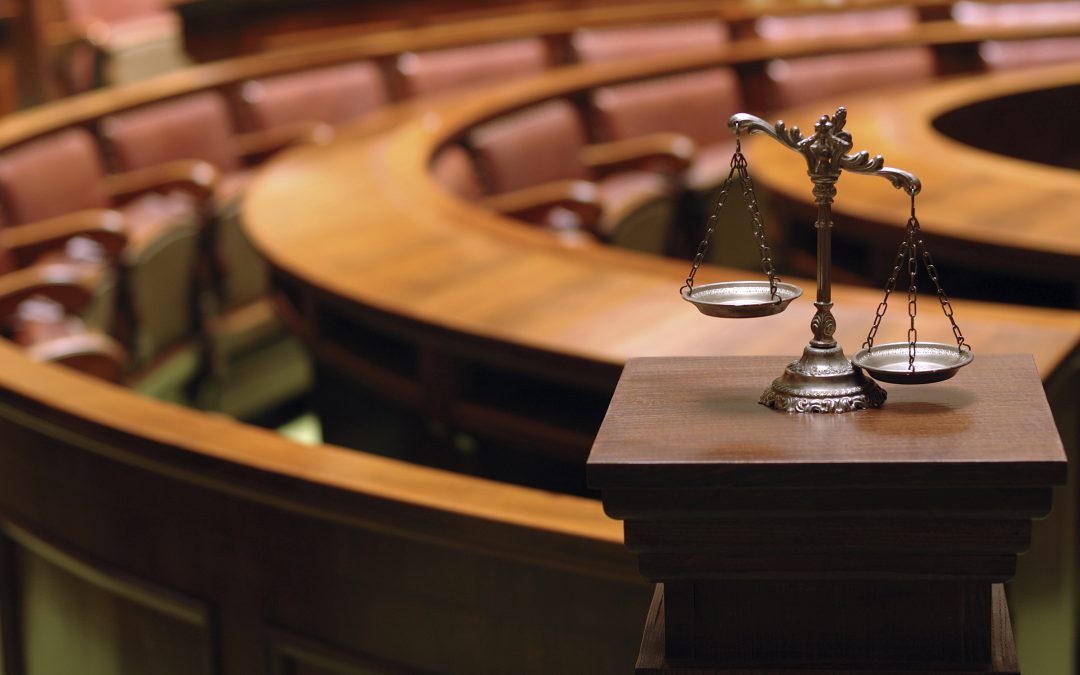Being served a subpoena can be nerve-wracking, and you may not know how to proceed. Receiving a personalized official document from the justice system does not happen every day, and it is only natural to be concerned. Understanding what a subpoena is and knowing your obligations as they relate to subpoenas can help you move forward with greater confidence.
What Exactly Is a Subpoena?
A subpoena is basically a court order requiring you to appear before the court to either answer questions or to produce specific documents, which is also known as a subpoena duces tecum. Sometimes, a subpoena requires the recipient to both answer questions and provide documents. The most important part of this is that a subpoena is a court order, and ignoring a court order can lead to serious consequences. It is in your best interest not to ignore your legal responsibilities.
Civil and Criminal Subpoenas
Subpoenas can be issued by the court in both civil and criminal cases. Refusing to comply – or ignoring – either type of subpoena, however, can lead to criminal consequences. Simply refusing to comply with or ignoring a subpoena is, therefore, never a good idea. This is not to say that you do not have options if you are served with a subpoena. If you object to what the subpoena requires or if you are concerned about a potential outcome, an experienced criminal defense attorney will help you better understand your rights, your responsibilities, and your best options – while ensuring that you remain fully compliant in the eyes of the law.
Legal Consequences
The State of Texas can impose penalties if you refuse to cooperate with a subpoena. These include:
- If it is a misdemeanor case, the court can impose a fine of $100.
- If it is a felony case, the court can impose a fine of up to $500.
- The court is also authorized to issue an arrest warrant for failure to comply with a subpoena.
Your Options
If you have a legitimate reason for not wanting to comply with a subpoena, you will need to work closely with a skilled lawyer to protect your rights while ensuring you comply with your legal responsibilities. Your legal representative can file a motion to quash the subpoena, which will generate a hearing in which the judge will hear all evidence and testimony in support of your position. There are a variety of reasons a judge might quash a subpoena, including that its demands are too burdensome on you.
If You Have Concerns about a Subpoena, Consult with an Experienced Lawyer Today
Facing a subpoena with your name on it can be frightening, but Killeen criminal attorney Brett Pritchard at the Law Office of Brett H. Pritchard understands exactly what you are going through and is here to help. Mr. Pritchard has the experience, dedication, and compassion to help you understand your options and to help you move forward with confidence. For more information, please do not hesitate to contact us online or call us at (254) 781-4222 today.







